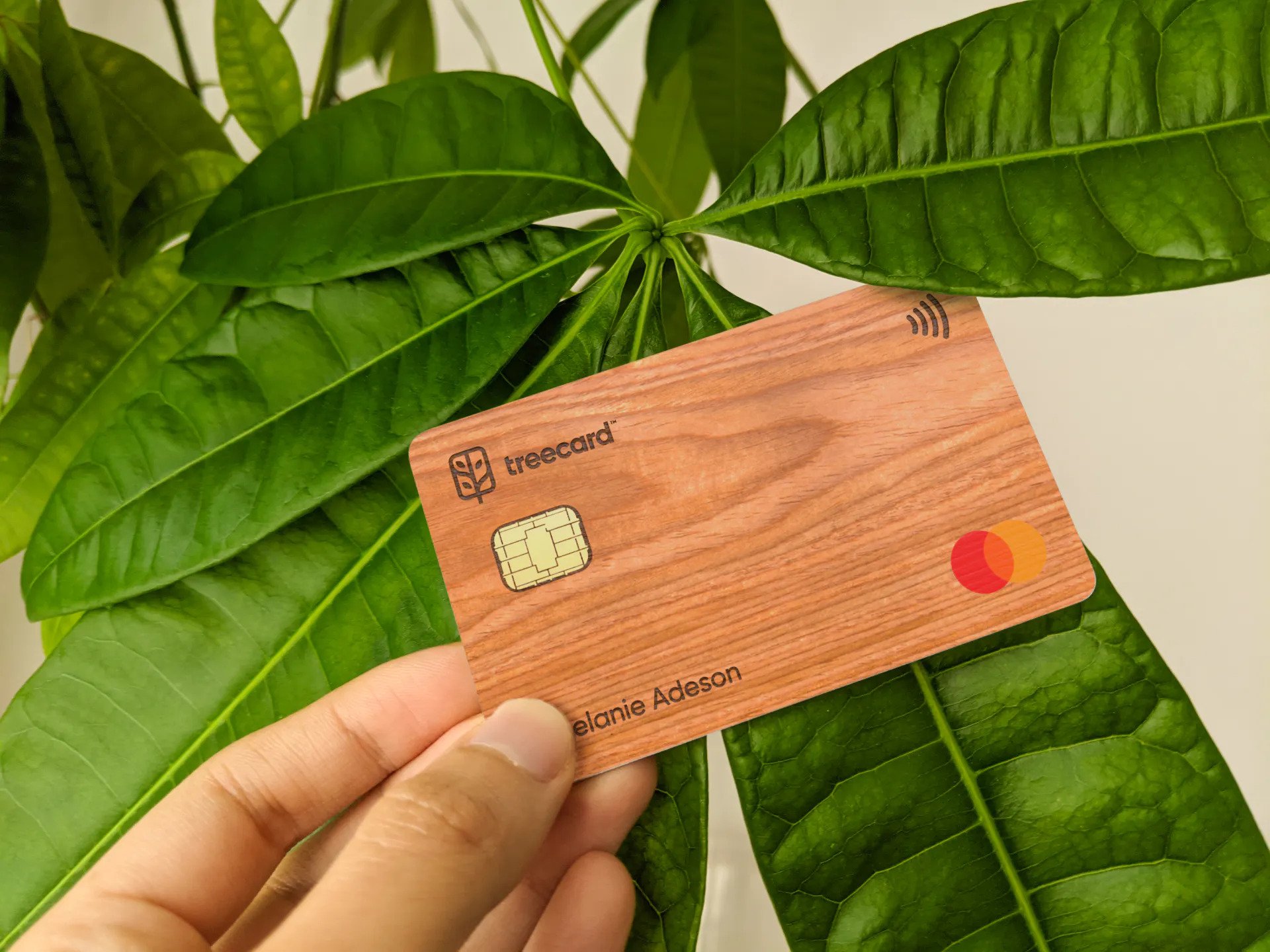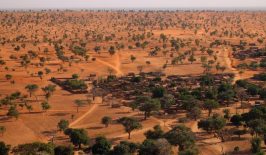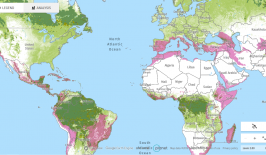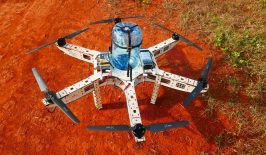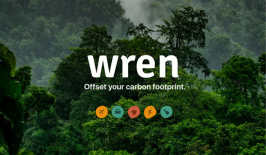When it comes to paying for products and services, it’s clear that cash has been dethroned and card is now king for many – a trend that has only been hastened by the coronavirus pandemic. With so many consumers now switching to cashless – and in some cases even cardless payments – a new partnership has emerged to make the process better for the environment.
Treecard is a new Mastercard bank card and associated app which claims to plant trees as you spend cash on your normal everyday purchases. Even the card itself sports some environmental credentials. In an effort to help reduce plastic waste, the card is made from sustainable cherry wood – reportedly in a world first – meaning each card has its own unique wood grain effect. Treecard claim that a single tree can produce up to 300,000 cards. In fact, if you want to improve your sustainability footprint even further, you can forgo a physical card entirely, and sign up for a digital card linked to various payment apps.
For potential user of Treecard, it essentially functions in exactly the same way as a Chime or Revolut prepaid debit card – meaning you can link your bank account to the app and top up your TreeCard in that way. It can be used for transactions in stores or online, or linked to Apple Pay, Android Pay and Samsung Pay. While the Treecard will be free for users, they plan to make money using so-called “interchange fees”, the payments made by merchants, both online and instore, to a card issuing bank in exchange for allowing card payments. Usually, this fee goes into the coffers of the card issuing company, but with Treecard the funds are diverted elsewhere. According to Treecard, 80 percent of their interchange fees will go to reforestation projects led by Ecosia.
If that name sounds familiar, it’s because Ecosia operates innovative sustainability projects of its own, including an online search engine that funds tree planting efforts across the globe. Similar to Treecard, Ecosia simply uses pre-existing commercial infrastructure to generate funds, in their case from online ads. Where Ecosia differs is how these funds are then used, with the majority going into their tree planting projects. According to Ecosia, they have planted over 100 million trees since 2009 in Indonesia, Brazil and Senegal, as well as Canada and the UK.
Ecosia generally favours a natural reforestation approach in which native trees are only planted in regions where they have historically grown. This should mean there are the requisite environmental factors on the ground to support them. In some cases, non-invasive non-native nut or fruit trees are also planted to provide additional income for local communities.
The Treecard still hasn’t been officially launched, but future users can already download the associated Android and Apple apps and add their name to the waiting list for the cards on their eventual release. They can even move themselves up the queue slightly by referring others to the concept. Treecard hopes to start to send out its first cards in the US by the end of May, before expanding to other regions – such as the EU – once the various regulatory hurdles have been cleared.
Indeed, where you are located may affect how much tree growing bang you get for your buck. Interchange fees operate within a notoriously complex pricing structure, although generally they are a flat rate based on the transaction amount. In the US, this is around two percent, but this amount can vary greatly between card brands or regions. In the EU, the figure is capped at 0.3 percent for credit and 0.2 percent for debit cards.
Regardless, projects such as Treecard and Ecosia illustrate ways in which individuals can reduce their environmental impact without drastically altering their everyday choices. While encouraging people to consume less can have a positive impact – in some respects it may actually be easier, and as such more effective, to make that consumption itself more environmentally friendly. This makes behaviour change less daunting and arduous for individuals, and instead shifts the responsibility to businesses and producers. Examples of this include the tree-planting booking platform bookitgreen, the Origens project that supports the sale of low-carbon and indigenous products in Brazil and banks like Tomorrow, that invest in ecological and sustainable projects.
Ultimately, the number of companies willing to operate on a similar “impact-before-profit” basis like Ecosia and Treecard are still in the minority. But projects like this one will hopefully, in the long term, be able to promote concepts of corporate responsibility – that go beyond mere green-washing – amongst a wider number of companies and consumers alike.
